Sustainability Demonstration House: Residential Learning Environment for Practicing Sustainability
Why This Project Is Important
If everyone in the world were to live with the residential environmental footprint of the average American, we'd need over 8 earths to support it. We need to do better. The Sustainability Demonstration House is a testing ground for learning and practicing how to reduce our impact, both for students and the broader community. We implement practical everyday solutions to make a difference.
Project Description
Michigan Tech's Sustainability Demonstration House is a residential learning environment where students test and practice sustainability in their daily lives. Its all about learning by doing and then sharing those experiences across campus and around the Houghton/Hancock community. In 2017 students took residence and started retrofitting the Kettle Gundlach house, which was built in the 1950s. The mission is to practice sustainability, research what works by testing engineered and practice-based solutions using a combination of high and low tech, and share ideas, findings, and inspiration broadly. The Alternate Energy Enterprise collaborates with student residents on these efforts. Funding supports student projects to improve energy efficiency, transition to renewable energy sources, waste reduction, support of local/sustainable foods, and community outreach on all of these and more sustainability projects, including engagement with K-12 schools and local community organizations. Learn more on the Facebook page "Michigan Tech Sustainability Demonstration House". You'll see how solar panels + battery system keeps the house near net zero electric consumption. The panels are located at the south entrance to Michigan Tech's campus; a powerful symbol for our commitment to sustainability. Replacing indoor light fixtures with more efficient LED bulbs, some of which were donated to us and the others were bought using money donated from sponsors like you, helped us reduce lighting energy use by about 75%. Aquaponics systems produce healthy food year round, and outside, bees make honey and pollinate the sustainable garden, which is fed by a rain-water collection system. Check out our dozens of other activities and community outreach on the Facebook page.
Meet the Researcher
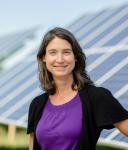
Richelle Winkler
Richelle Winkler is a sociologist and demographer who studies social transitions and sustainability issues through demographic and community engaged research methods. Dr. Winkler’s work focuses on community-based decision-making and the spatial, technical, and policy dimensions of energy transitions.
days left
funded
last
What Your Donation Can Help Us Do:
- Cash donations are always appreciated to pay for project materials, like the Aquaponics indoor growing system, additional low energy LED lights, painting the exterior of the house, thermal wrap for the windows during winter, and plumbing for the rainwater system for the garden.
- The heating system is baseboard heat radiant. The circulation pumps need to be replaced with lower power induction motors for the six zones within the house. Money for these pump replacements would be welcome.
- Some of the windows are single pane and need to be replaced with more energy efficient double or triple pane. We are looking for a partner to supply us with energy efficient windows.
- A new roof membrane is needed.
- Donations provide materials and marketing for community outreach projects, like a workshop where elementary students make bat houses to take home and post throughout the community.
$100+ (6/100)
Plaque on the wall of the residence.
$1,000+ (1/4)
Plaque on appliance.
Recent Donors
Some donors may be hidden.
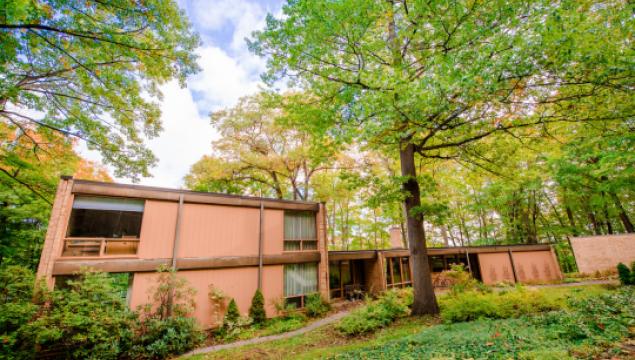
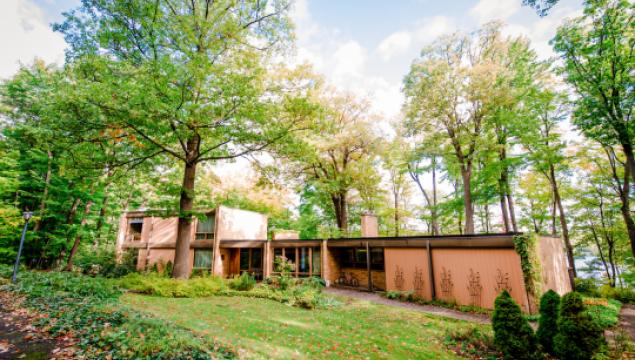
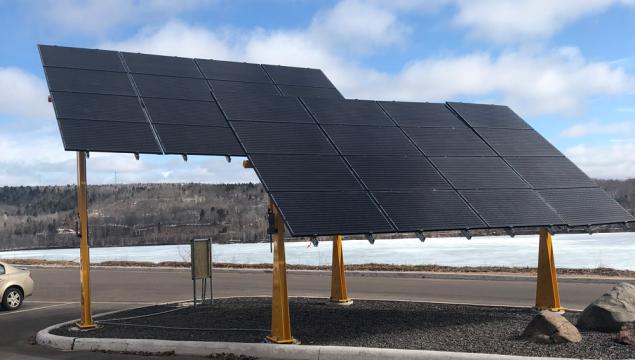
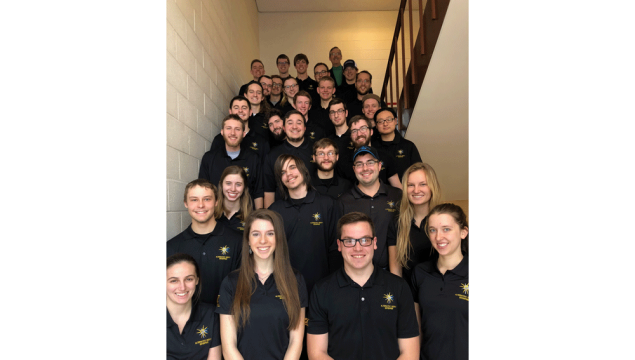
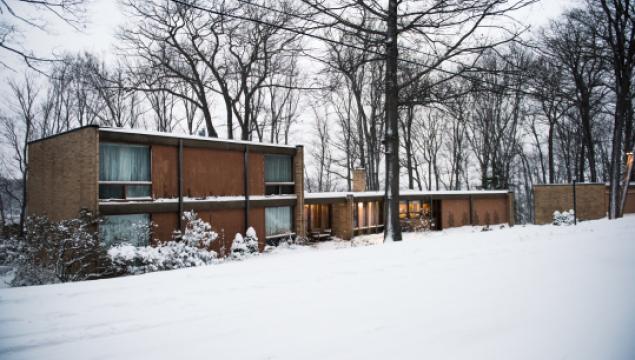
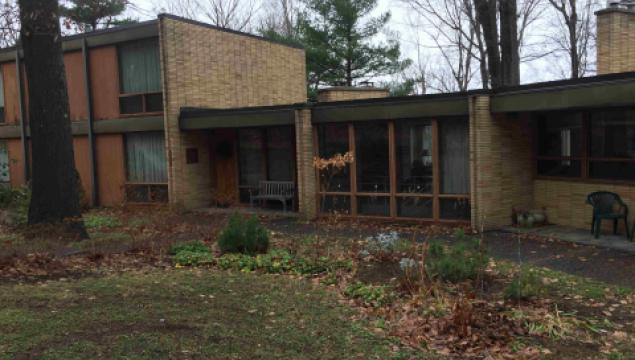


 Gifts to projects listed on SUPERIORIDEAS.ORG are received and processed by Michigan Tech Fund. Michigan Tech Fund is a tax-exempt organization under Section 501(c)(3) of the Internal Revenue Code acting on behalf of Michigan Technological University. It is the policy of Michigan Tech Fund that a portion of the gifts and/or income therefrom may be used to defray the costs of raising and administering the funds.
Gifts to projects listed on SUPERIORIDEAS.ORG are received and processed by Michigan Tech Fund. Michigan Tech Fund is a tax-exempt organization under Section 501(c)(3) of the Internal Revenue Code acting on behalf of Michigan Technological University. It is the policy of Michigan Tech Fund that a portion of the gifts and/or income therefrom may be used to defray the costs of raising and administering the funds.
Questions for the Researcher